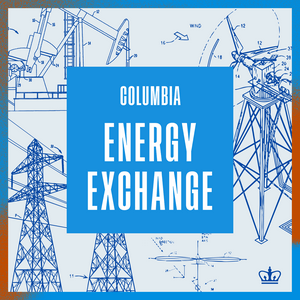President Trump has aggressively used tariffs as an economic tool, but a US Supreme Court decision on Friday struck down his sweeping tariffs, bringing new uncertainty. The court, in a 6-to-3 decision, ruled that the president had exceeded his authority when he imposed tariffs on nearly every US trading partner last year.
President Trump moved swiftly to work around the court by imposing levies using other trade powers. On Saturday, Trump said that he would raise the new global tariff rate to 15%, using a provision in a law that allows him to impose an across-the-board tariff. This measure can only be enacted for 150 days unless Congress agrees to extend it. Trump also said he would use the act to investigate other countries' unfair trade practices, which could result in additional tariffs.
What does the Supreme Court ruling mean for the president's ability to wield tariffs for geopolitical pressure? How will this impact US trading partners and existing trade deals? And what about the impact on the energy sector, from oil and gas to clean energy products?
Today on the show, Jason Bordoff speaks with two researchers from the Center on Global Energy Policy, Richard Nephew and Trevor Sutton, to unpack the ruling.
Richard formerly served as the US deputy special envoy for Iran under the Biden administration, where he played a key role in negotiations over the Iran nuclear deal. From 2013-2015, Richard also served as the Principal Deputy Sanctions Coordinator at the US Department of State.
Trevor focuses on the intersection of trade, climate, and industrial policy. He leads the center's program on trade and the clean energy transition. Trevor previously served as research director of the Remaking Trade for a Sustainable Future project.
Credits: Hosted by Jason Bordoff and Bill Loveless. Produced by Mary Catherine O'Connor, Caroline Pitman, and Kyu Lee. Engineering by Gregory Vilfranc.


